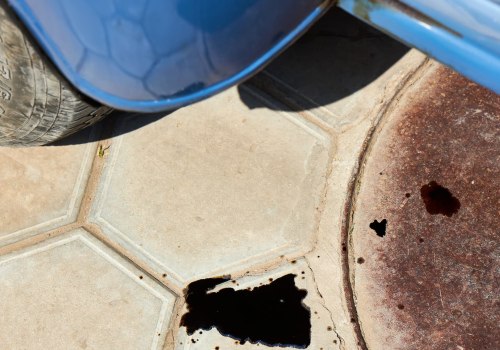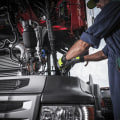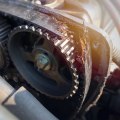How to check your car's essential fluids · Engine oil · Brake fluid · Engine coolant · Transmission fluid · Power steering fluid · Wiper fluid. It is recommended to check the coolant at least every six months, before summer and winter. However, this interval may vary between car manufacturers. Like any other automotive fluid, transmission fluid degrades with weather.
Good transmission fluid is usually red, but it darkens to deeper shades of red, brown, or even black as it ages. If the transmission fluid is dark brown or black, or if it is sandy, it needs to be replaced. Most vehicles have a front differential, and four-wheel drive (4WD) and rear-wheel drive (RWD) vehicles have a front differential and a rear differential. Differential fluid prevents overheating and metal-to-metal contact, allowing the differential to operate smoothly.
Due to the location and design of the differential, the differential fluid cannot be checked before changing it. Engines generate a lot of heat while they are running. Coolant (also called antifreeze or radiator fluid) circulates through the engine to prevent it from overheating. It also lubricates water pump bearings and inhibits corrosion of the engine.
Over time, rust and contaminants build up in the engine's cooling system. As a result, the coolant is less effective, causing premature wear of engine parts or even engine failure. And if the coolant level is too low, you run the risk of overheating the engine. The quality of the coolant can be checked by inserting test strips that measure the pH (acidity) and the glycol level (antifreeze) of the coolant.
Brake fluid is checked during the annual inspection of the state of Virginia because of how important it is for safe driving. A low brake fluid level or poor fluid quality significantly affects brake performance. Car brake fluid is part of a powerful brake system. Multiply the pressure you exert on the brake pedal until you get enough force to stop the car.
If brake fluid is leaking or contaminated, it will take much longer to stop and could damage the brake system. To detect more complex problems related to brake fluid, such as air or water in brake lines, you'll need the help of a qualified technician. The power steering fluid is pressurized by a hydraulic pump to facilitate turning. It also serves to lubricate the components of the steering system.
Any leak or contamination can damage the steering system, so it's important to check the power steering fluid regularly for any problems. Checking the brake fluid reservoir under the hood is as simple as removing the cover and observing the level and color of the interior. Dowell Automotive will be happy to check and refill engine oil, coolant, power steering fluid, brake fluid, transmission fluid, and wiper fluid.











